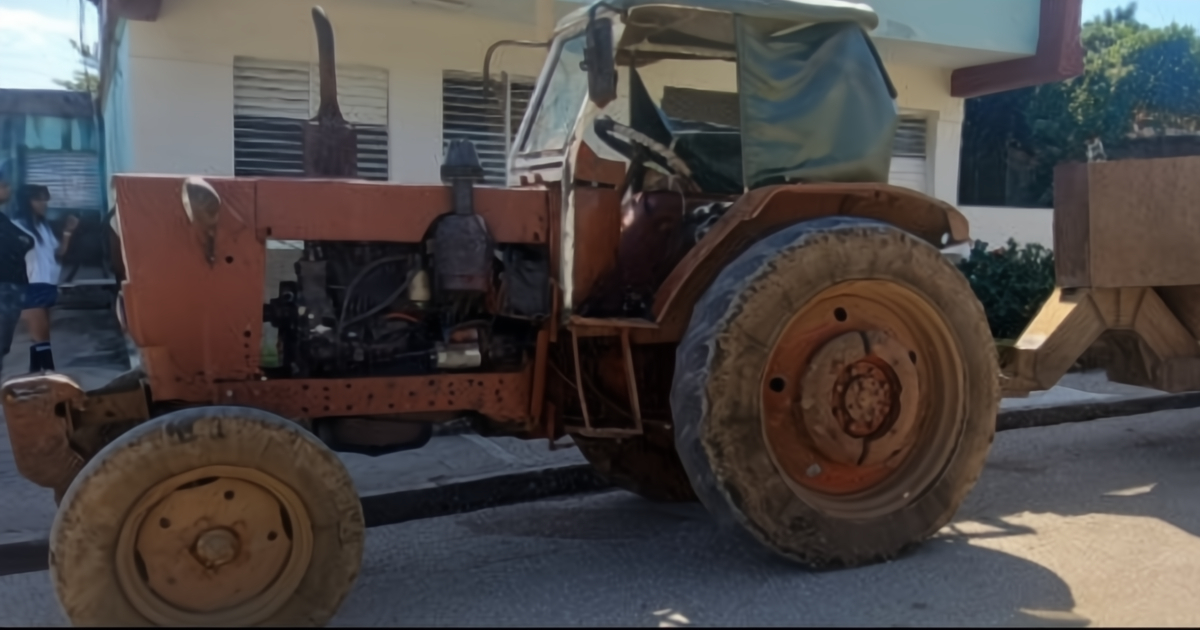In a recent operation in Arroyo Rico, a locality within the II Frente municipality, the Cuban Revolutionary National Police (PNR) apprehended an individual transporting over 30 sacks of semi-clean coffee using a tractor. The regime's spokesperson page "Héroes del Moncada" on Facebook indicated that the coffee was intended for the informal market—a practice that has only grown in recent years rather than diminished.
The post also highlighted that the coffee was being moved without any documentation to prove its legality. This surge in illegal coffee trade across Cuba is not an isolated incident but rather a direct result of the country's ongoing crisis. While "Hola" coffee, sold through the ration book, is a mix of coffee and peas that many find undrinkable, pure coffee has become an unattainable luxury for most.
This situation has fueled a black market where higher quality coffee is sold at exorbitant prices, sustaining an underground economy that the authorities struggle to control effectively. The regime frames the crackdown on illicit coffee trade as a protective measure for national resources, yet for numerous Cubans, such actions merely highlight a system failing to meet basic needs.
In a nation historically known for coffee production, the scarcity of this commodity symbolizes the economic decline and the government's inability to manage essential resources. Although the state continues to conduct operations like this, the underlying issue of scarcity and lack of alternatives remains unaddressed.
Amidst the shortage of food and basic goods in Santiago de Cuba, a Catholic priest has shared a traditional coffee alternative, dubbed the "coffee of the poor," made from the seeds of the platanillo plant. Father Leandro Naun Hung, who is dedicated to empowering rural communities in Santiago de Cuba amidst the current economic crisis, shared this lesser-known tradition on Facebook. It remains a common practice in the region due to the lack of conventional coffee.
Understanding the Coffee Crisis in Cuba
Why is there a black market for coffee in Cuba?
The black market for coffee in Cuba has emerged due to the scarcity of pure coffee and the unpalatable nature of the rationed "Hola" coffee mix, making high-quality coffee a luxury item.
What measures is the Cuban government taking against illegal coffee trade?
The Cuban government conducts operations to seize illegally transported coffee and frames these actions as efforts to safeguard national resources, although they struggle to control the underground economy.
How are communities in Santiago de Cuba adapting to coffee shortages?
Communities in Santiago de Cuba are adapting by reviving traditional methods, such as making coffee from platanillo seeds, a practice shared by Father Leandro Naun Hung to empower locals amidst economic hardships.
